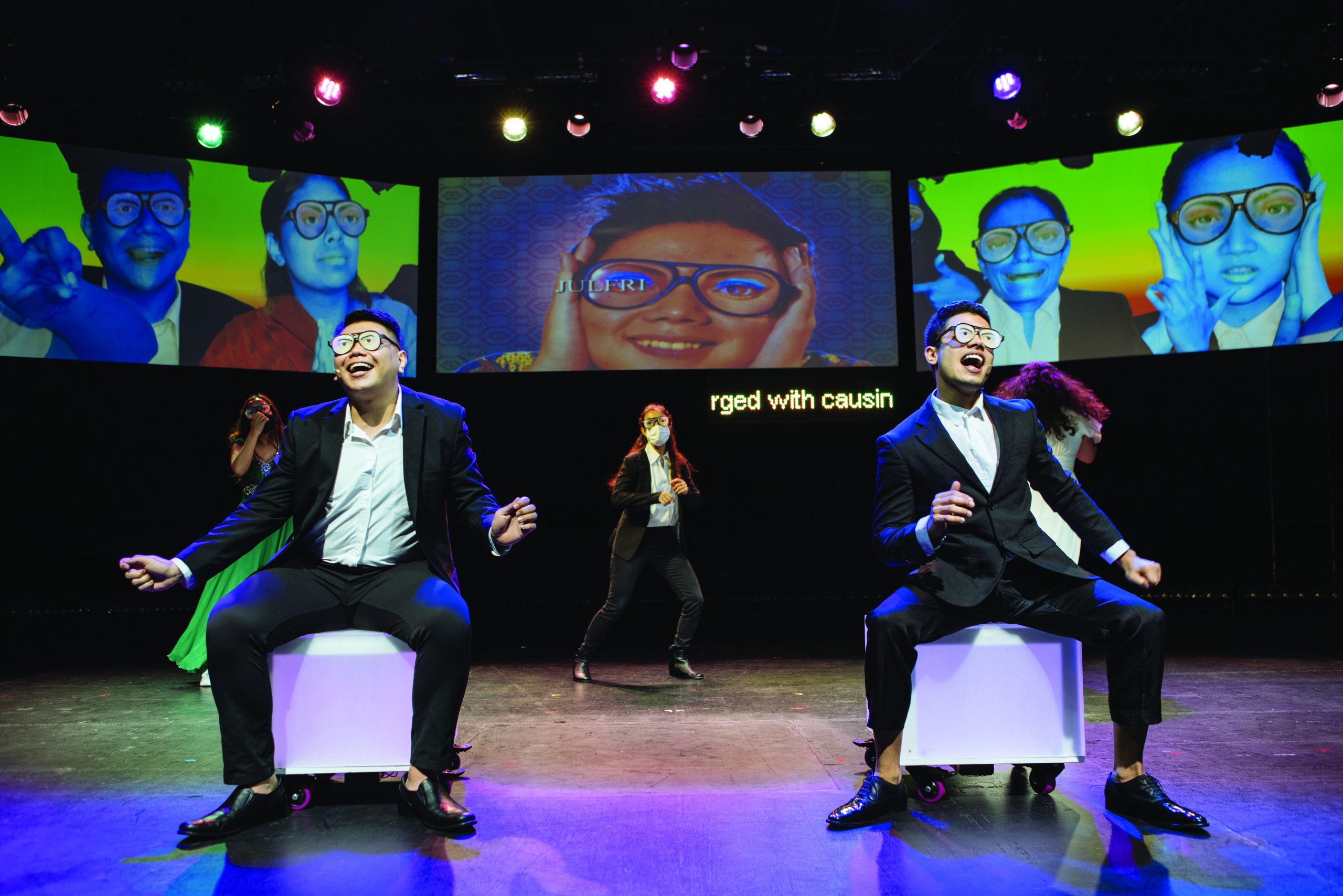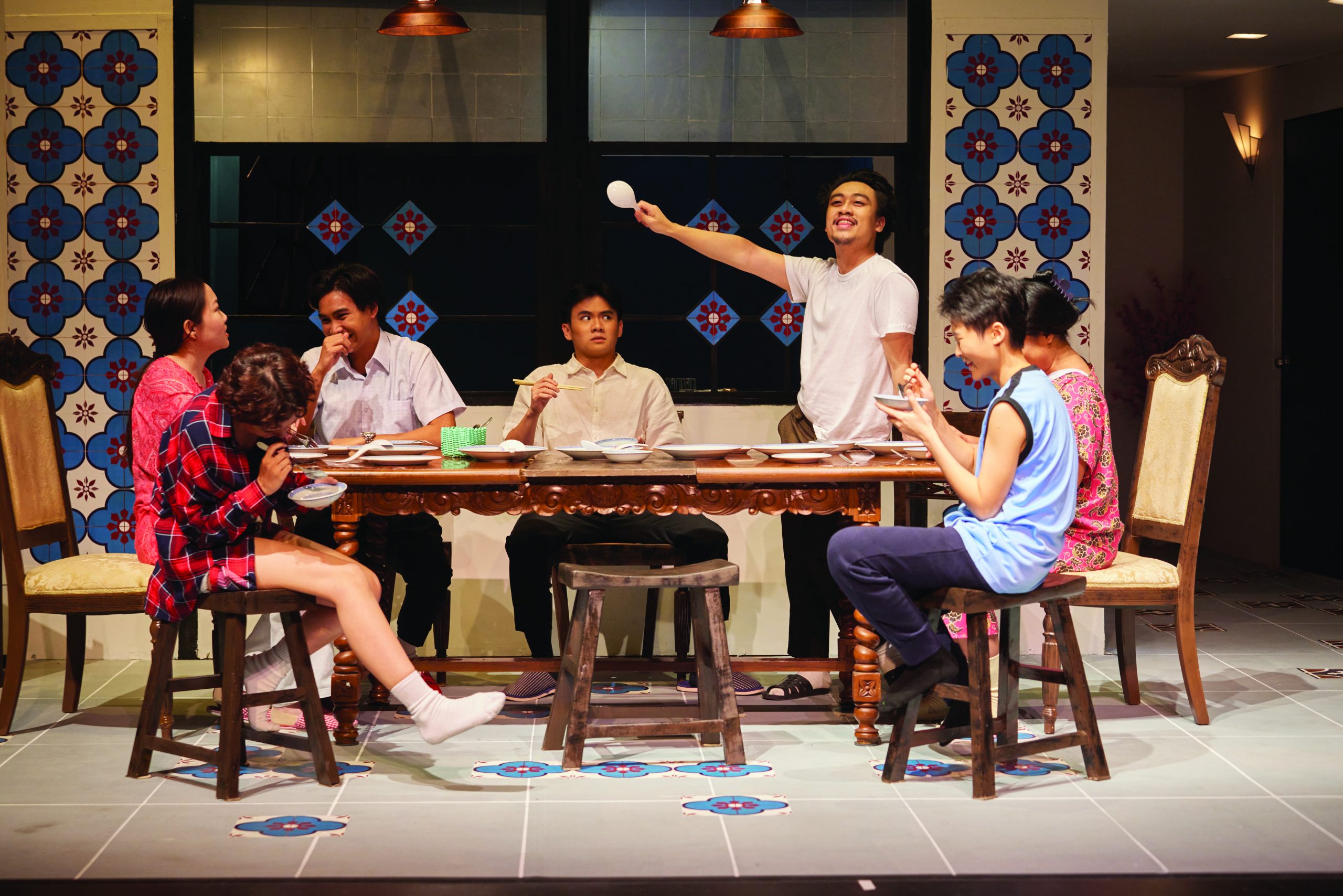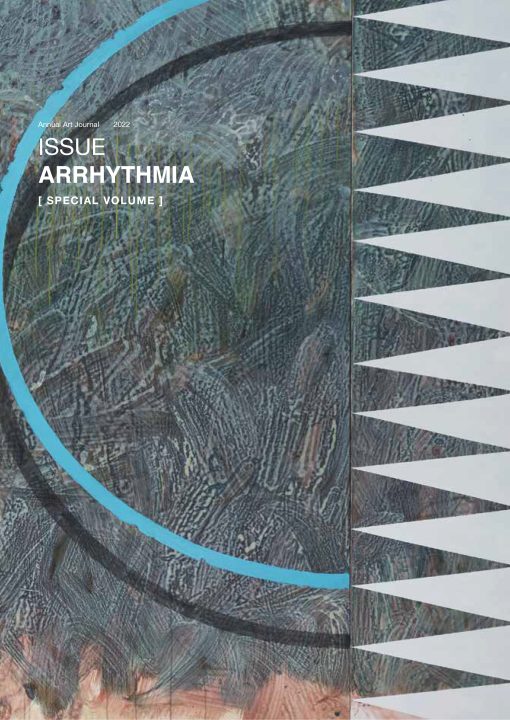When I was offered the opportunity to speak on a conference panel with students from Ateneo University in the Philippines, I did not hesitate to accept. Taking place on Zoom on June 4 2021, the panel discussed the rhythms of actor training—the day to day life of being a conservatoire student in the middle of the pandemic, and how the training was landing on us. As an international student at LASALLE College of the Arts, I can say that I have had a very interesting experience during my training which had its intercultural experience heightened by the isolation that pandemic safety measures induce.
Last year, I would often catch myself wondering about other actors undergoing their own training experiences. In the BA (Hons) Acting Programme at LASALLE we were lucky enough to have a small class size, numbering only 10, so that the restrictions at the time had relatively little effect on our course experience. While we were wearing masks and may have worked in smaller groups than pre-pandemic, we were all still able to be in the same room at all times, and very rarely had online classes. As a result there were times where, in all honesty, the pandemic seemed far away from us. After our conversation with students and colleagues from Ateneo, I can now appreciate just how lucky we were to experience this.
From what I heard, the Ateneo students seemed to be engaging in most, if not all, of their coursework from home via distance learning. At first, I was a bit heartbroken to hear that. For me, theatre has always been about sharing a physical space with other performers and audience members so to hear that they could not do that in their training saddened me. However, after giving it further thought and thinking of some contemporary shows that I’ve seen that were made in relation to the pandemic, it seems that the Ateneo students are receiving excellent coursework in digital performance through the use of contemporary communication platforms such as Zoom and Discord. and in an increasingly global and tech-friendly world, these skills are incredibly valuable for emerging performing artists. For plays like Pangdemonium’s recent Waiting For The Host, which aired in 2020 via a live Zoom performance, or Necropolis by Arkadi Zaides (produced in 2021), the skill to convey powerful performance through live digital mediums is both necessary and crucial. I’d guess that in the coming years, this new genre of live digital performance will continue to evolve and develop its own performance language that is unlike anything we currently have, and if the students at Ateneo continue to develop these skills they may well be at the forefront of such creations.

Level 3 students of the LASALLE College of the Arts BA(Hons) Acting Programme
performing godeatgod by Haresh Sharma, 2021
Photo: Crispian Chan
As a result of our conversation, I have become much more aware of how I can develop my theatre practice in these times. I believe that in my first year, I had been approaching things from the perspective of, “once things go back to normal, I’ll be set!” However, things cannot necessarily go back to normal. Rather, as an artist, I must be ready to adapt and change as the world around me faces new challenges and struggles, whether they be pandemic, climate, or economic. Instead of simply developing skills that would have worked before the world changed, my conversation with the students at Ateneo has convinced me that I need to take action into my own hands to develop both the skills and the attitude to succeed in an uncomfortable, uncharted, and unknowable environment.

Level 2 students of the LASALLE College of the Arts Acting Programme
performing Homesick by Alfian Sa’at, 2021
Photo: Crispian Chan

